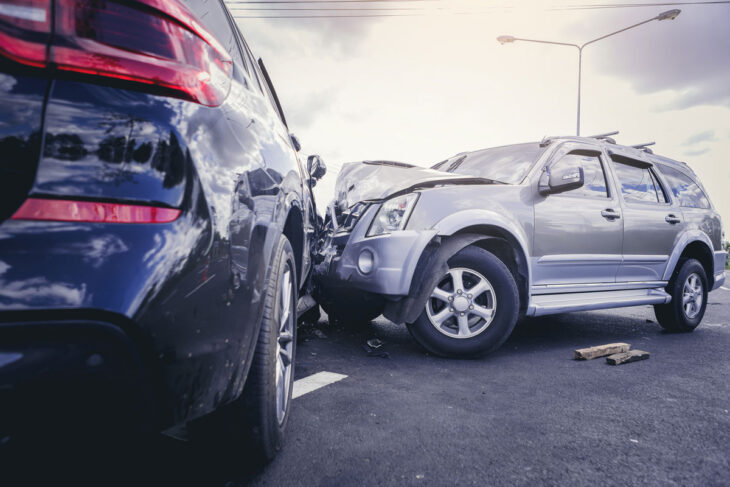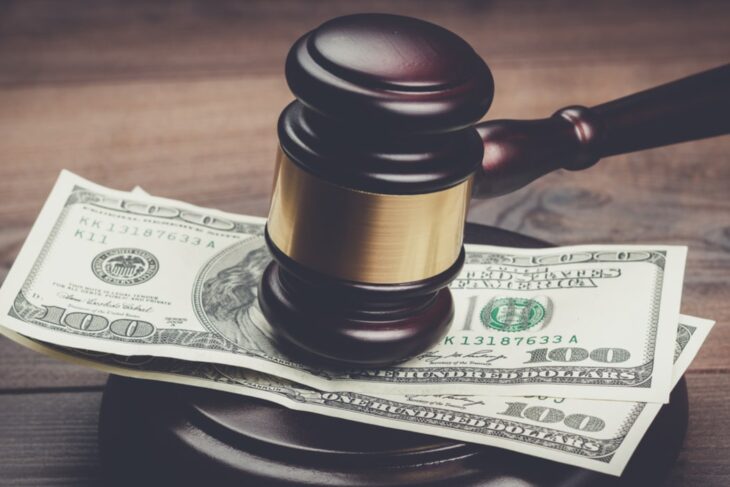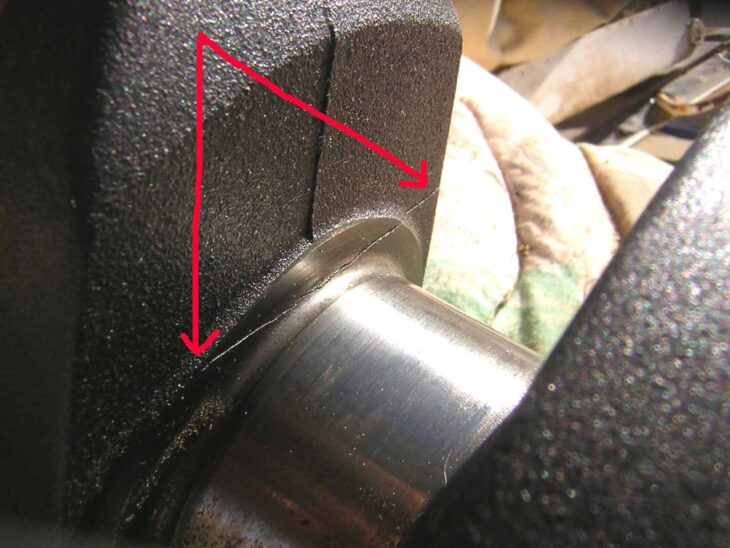After a vehicle collision, the word “damages” refers to compensable losses. Which kind of “damages” are available, and how much do they cost?
Any time you file a personal injury lawsuit after a vehicle accident, you’re asking a judge to compel your slacker of a “defendant” to make good on their promise to pay you “damages.” It implies compensation for your losses as a consequence of the accident. This includes reimbursement for your injuries, car damage, lost wages, and “pain and suffering.”
Among the various damages that may be granted to plaintiffs in a car accident case is that you do not have to wait for a trial to collect compensation. As a result, read more about this article for additional information.

Source: hopkinsfirm.com
Contents
What Exactly Are Compensatory Damages?
Regardless of who was at fault, a person’s “damages” in a vehicle accident will come under the broad category of “compensatory damages,” barring the rarest of circumstances. Compensatory damages, as the name suggests, are meant to make up for the plaintiff’s losses resulting from the accident, including:
- current and future medical treatment as well as previous treatments.
- Loss of revenue.
- Future profits will be lost (including diminished ability to earn a living).
- Discomfort, as well as damage to one’s car.
It’s crucial to realize that the term “damages” doesn’t only refer to financial losses resulting from a vehicle collision. It doesn’t matter if you make an insurance claim right after a crash; whatever money you get will be regarded as “damages” informally.
What Types of Expenses May Constitute Compensatory Damages?
Compensation damages may include medical expenses, lost wages from taking too many sick days, and wages the plaintiff may fail in the future due to a decreased ability to work if the plaintiff was physically harmed. In addition, many courts will take into account a wide range of injury kinds. Plaintiffs who have been traumatized and suffer from anxiety-related symptoms like nightmares, high blood pressure, or other physical symptoms may be able to sue for “emotional distress” damages. Repair costs and the value of destroyed goods might be included in compensatory damages if his belongings were harmed.

Source: lernerandrowe.com
How Do Compensatory Damages Collaborate?
The jury will determine the amount of the defendant’s guilt if your automobile accident makes it to trial (which is very uncommon in any personal injury litigation)… To put it another way, is the defendant solely to blame for the accident, or are you and a third party also responsible?
Your losses will be calculated once the blame has been assigned. Medical expenses from the past and lost wages are simple to calculate as compensatory damages. The monetary worth of other intangibles, such as “pain and suffering” and “loss of pleasure,” is notoriously difficult to ascertain.
A jury (or a judge, depending on the circumstances) will have to decide on the following issues when determining compensatory damages in a vehicle accident lawsuit:
- To what extent were the plaintiff’s medical expenses compensated in this lawsuit
- Does the accident need any further medical care?
- How much money did the plaintiff lose as a result of the lawsuit?
- Will the plaintiff earn a livelihood in the future because of the accident and the damage they sustained?
- Are they temporarily or permanently unable to work because of their injuries?
- Was/is the plaintiff suffering from any psychological/emotional problems resulting from the injury, such as anxiety, insomnia, emotional anguish, or PTSD?
Damages for Compensatory Behavior in Two Well-known Cases
The number of compensatory damages a plaintiff may ask for is determined by the kind of action the plaintiff files. Check out these two well-known damage textbook cases: one in personal injury and one in contracts, and you’ll see the differences for yourself.
Case 1: Misbehaved at the Playground

Source: ocregister.com
A young Wisconsinite kid had a knee injury in the 1800s. Later on, while still in school, a fellow student would kick the same knee in retaliation. Due to the light of a kick, the kid didn’t initially notice any discomfort; nevertheless, his knee soon got infected, and the boy was never again able to use his leg. He filed a lawsuit against a classmate of his. Although the classmate had no idea his kick would have such dire effects, the court held the other student liable and ordered him to pay the boy’s medical bills and compensate for his lost limb.
Case 2: The Shattered Crankshaft Mystery

Source: forums.lr4x4.com
A mill owner in nineteenth-century England found a damaged crankshaft. Crankshaft maintenance in Greenwich was handled by a carrier that the miller contracted for the job. Unfortunately, the airline was late in delivering the crankshaft, and it was returned to the miller well beyond its due date. On the other hand, the carrier was blissfully unaware that the mill would go out of business if it lost its crankshaft. However, the court ruled that the airline was exempt from paying lost earnings to the miller since he had no idea he might be held liable for them when he signed the contract.
Accident Litigation or Insurance Claim
The term “damages” isn’t confined to an automobile accident case. You will be deemed “damaged” if you submit an insurance claim after the fact, even if it is merely a “third party” claim with the company that covers the at-fault motorist.
According to the terms of the settlement, you may get a single check to cover all of your losses, while the “release” you are required to sign lists the many types of damages, such as:
- “Total loss of vehicle,” which means the insurance company must pay the “actual cash value” of your automobile at the time of the accident.
- “General damages,” a sum intended to reimburse you for your pain and suffering (the insurance company may classify this payment as “inconvenience”).
In some instances, the claimant may get checks for each of these categories separately.
Conclusion
When you lose anything, you may sue for compensation. The goal of compensatory damages is to replace your loss. You may sue for damages caused by another’s carelessness (negligence litigation, negligence per se lawsuits, etc.)
